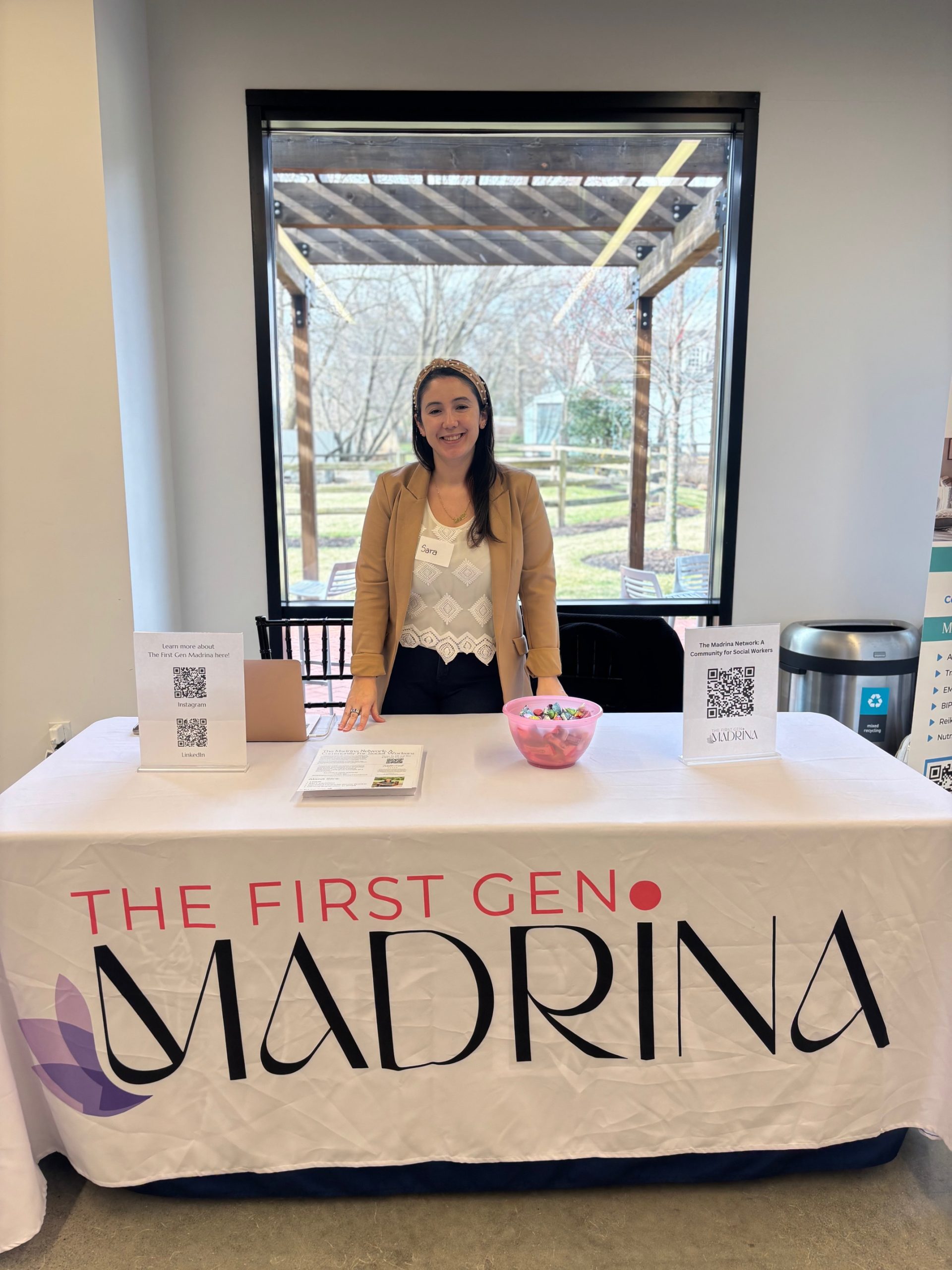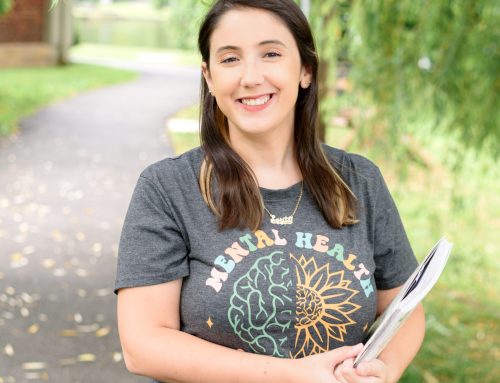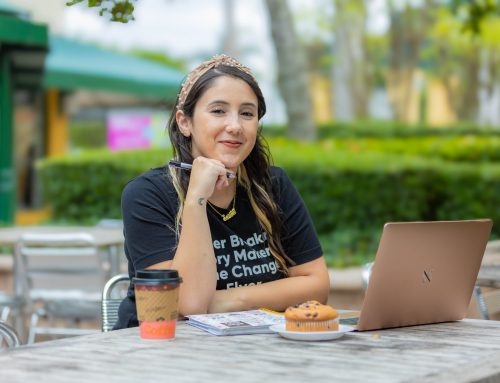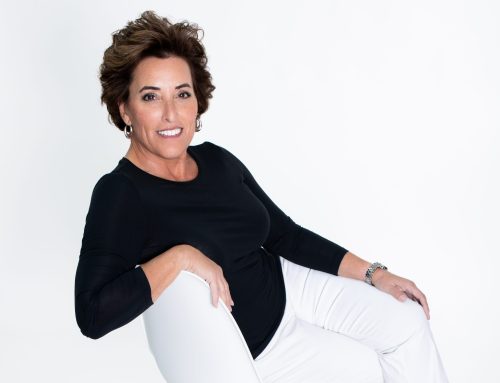Welcome back, First Gens! It’s hard to believe it’s already April, and we’ve made it through the first three months of the year. As we do every month, we are starting the month off with a brand-new theme, Celebrating Neurodiversity as a First Gen. As a social worker and proud first gen, I believe in fostering conversations that challenge stigma and empower our community. Neurodiversity is a topic that deserves more attention, especially within our cultures, and I will be sharing my commitment to learning as well as some insights with you all.
Neurodiversity basically means that there is no “right” way for our brains to work. According to Child Mine Institute, neurodiversity is the concept that there is a natural variation in how people’s brains work. People experience the world differently, and that diversity includes individuals with ADHD, autism, dyslexia, and other cognitive variations. According to Harvard Health, the neurodiversity movement began in the 1990s, advocating for acceptance, inclusion, and the celebration of neurological differences rather than seeing them as deficits. Australian sociologist Judy Singer coined the term, pushing for equality and the recognition of neurodivergent strengths.
More often than not, neurodivergence is seen as a challenge rather than a unique way of thinking and problem-solving. But the truth is that many of the world’s most creative thinkers, innovators, and leaders are neurodivergent. It’s time we shift the conversation from barriers to abilities, talents, and contributions.
Celebrating Neurodiversity as a First Gen
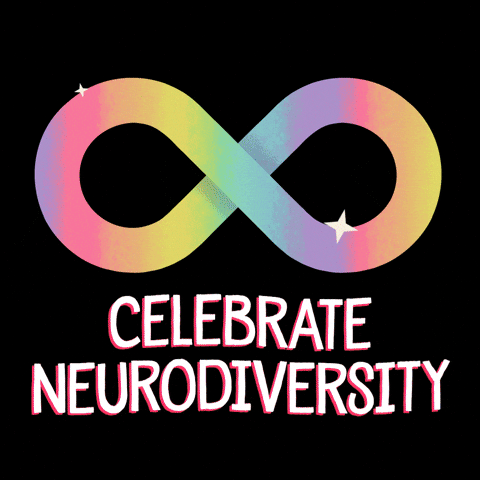
Our society is not always structured to support neurodivergent individuals. Recent challenges, such as the review of Section 504 of the Rehabilitation Act, threaten accommodations that help students and workers thrive. Section 504 ensures that individuals with disabilities are not discriminated against in education, employment, and public services. Without these protections, neurodivergent individuals may lose vital resources like Individualized Education Plans (IEPs), workplace accommodations, and accessibility measures.
So, what can we do to be better allies to the neurodivergent community? First, educate yourself about neurodiversity. Like with anything else we want to advocate for, education comes first. You have to know what you’re fighting for, right? From there, educate others and become an advocate. Push for accommodations in schools, workplaces, and public spaces. If you have the ability and the power to, foster spaces that embrace different communication and sensory needs. Lastly, remember to listen and be open to learning. When neurodivergent individuals share their experiences, amplify their voices and support their advocacy.
Follow along this month as we learn something new together. And remember, you are never alone in your journey. As always, your Madrina is here to support you!
The First Gen Madrina/The Social Work Madrina
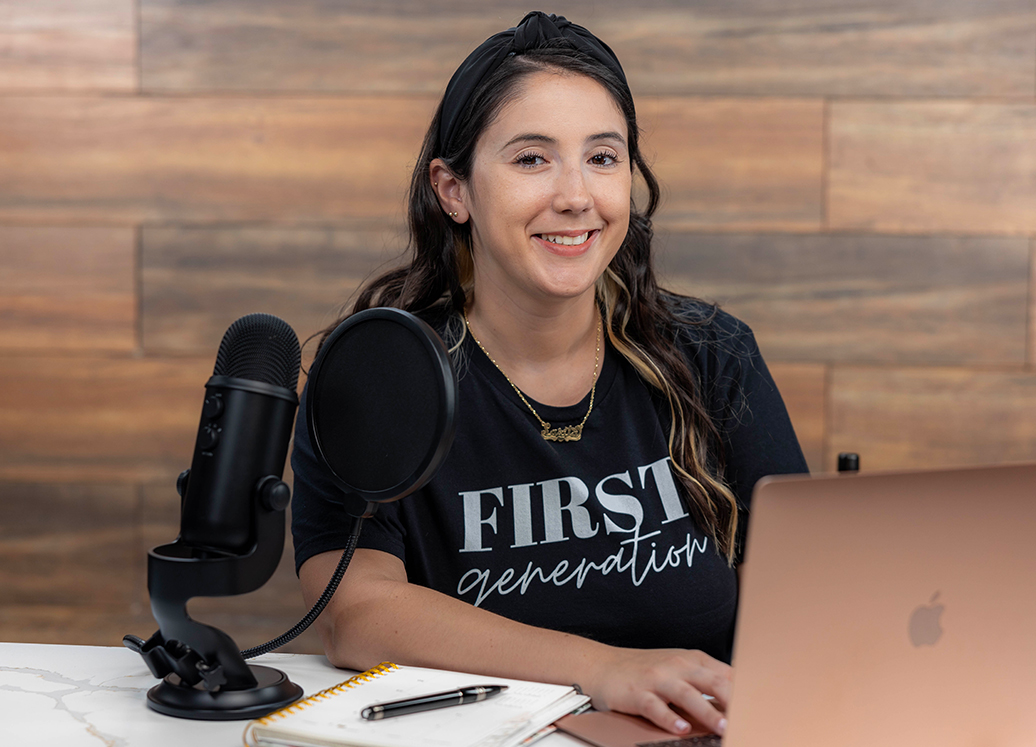
If you are a University, College, Company or Organization, The First Gen Madrina offers workshops on a variety of topics (such as imposter syndrome, time management, managing burnout, building a self-care plan, etc..), custom built mentorship programs as well as customized services tailored to your needs.
In order to follow along, remember to rate, review, and subscribe to The First Gen Madrina Podcast to stay connected. Also, follow on Instagram and LinkedIn @thefirstgenmadrina and Sara Diaz, LCSW. Sara acknowledges that the term first gen can be fluid, so The First Gen Madrina is committed to supporting all first gens! This isn’t just about breaking barriers—it’s about providing unwavering support that propels individuals to embrace life’s challenges and triumphs.
Also, in case you have missed it, I recently announced a new branch of The First Gen Madrina called The Social Work Madrina. The Social Work Madrina will bring intentional support to social workers and more programming on mental health. Within TSWM, you will find The Madrina Network: A Community for Social Workers!
Our community deserves more support, guidance and resources.
Soooooo are you ready? Here are some highlights of the community!
 Monthly zoom calls to discuss the successes, challenges and needs of the social work community.
Monthly zoom calls to discuss the successes, challenges and needs of the social work community.
 Opportunity to network with fellow social workers from all over the U.S!
Opportunity to network with fellow social workers from all over the U.S!
 Monthly workshops with different social work-related themes.
Monthly workshops with different social work-related themes.
 Optional coaching time with me for additional support!
Optional coaching time with me for additional support!
Stay tuned in the upcoming weeks for more information! Check out thefirstgenmadrina.com/themadrinanetwork for more information soon!
¡Hasta pronto!

